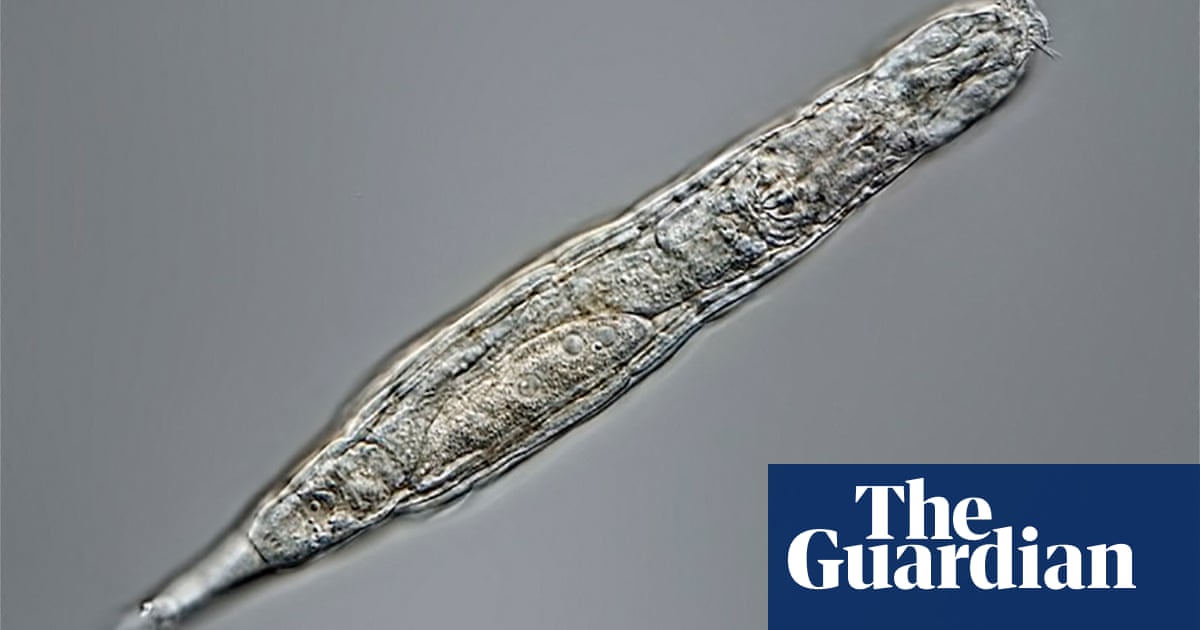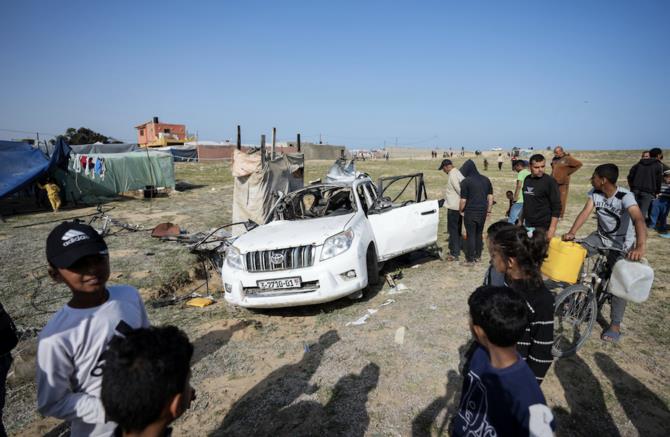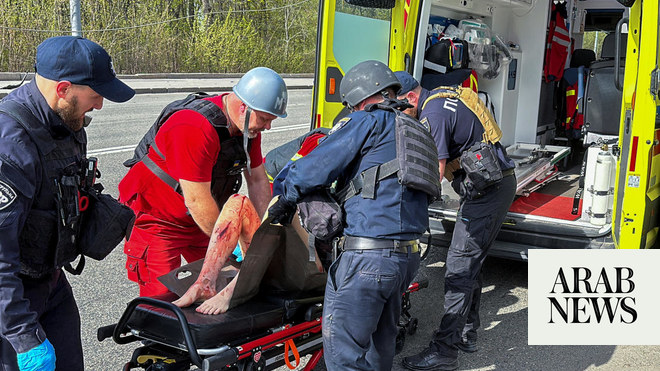
A recent rise in dolphin deaths in the Black Sea may have been caused by the war in Ukraine, scientists have said.
Researchers believe heightened noise pollution in the northern Black Sea, caused by about 20 Russian navy vessels and ongoing military activities, may have been driving cetaceans south to Turkish and Bulgarian shores, where they are being stranded or caught in fishing nets in unusually high numbers.
Since the beginning of the war, Turkey has recorded a rise in strandings of the common dolphin (Delphinus delphis) across its Black Sea coast. More than 80 of the animals were found dead across the country’s western Black Sea, which the Turkish Marine Research Foundation (Tudav) described as “an extraordinary increase”.
Initial investigations by Tudav revealed that about half of these dolphins were killed after getting entangled in fishing nets. The fate of the other half, however, is still an “unanswered question”, according to Dr Bayram Öztürk, the chair of Tudav, as no signs of entanglement or gunshot wounds could be found on the carcasses.
“Acoustic trauma is one of the possibilities that come to mind,” Öztürk said, although he stressed it was important to remain cautious. “We don’t have proof on what low frequency sonar may cause in the Black Sea because we have never seen this many ships, and this much noise for such an extended time – and science always demands proof.”
Navies commonly rely on sonar to detect enemy submarines from great distances. Because marine mammals also depend on sound for communication and other functions, the underwater noise can have serious, even fatal, effects on cetaceans.
According to Dr Pavel Gol’din, a researcher at Ukraine’s National Academy of Sciences, while acoustic trauma may explain the strandings, constant underwater noise caused by military activities could explain the higher bycatch rate.
Permanent underwater noise may not kill the animals directly, but could still seriously disturb and harm them, he said, as dolphins and other species may head for unfamiliar territory to try to avoid it. “It might be the cause of mass migration of fish and cetacean stocks to the south,” he said.
Dimitar Popov, a project manager for Green Balkans, a Bulgarian conservation organisation, agrees with this theory. He has detected a similar trend in Bulgarian waters, mostly among Black Sea harbour porpoises (Phocoena phocoena relicta).
Green Balkans has been monitoring the bycatch of cetaceans in turbot fishing for four years. Throughout this period, bycatch was lowest during spring months and peaked in summer. This spring, by contrast, Popov said, 50 cetaceans had become entangled in 72 kilometres of nets, a number close to the peak figure from summer 2019.
Scientists say their investigations are hampered by the fact there are no protocols to protect marine mammals during the war. “There are dozens of ships in the Black Sea but we don’t even know how often they use sonar,” Öztürk said.
The scientists say a lack of access to information is not only hindering research into cetacean deaths, but also making it hard to track which animals are most at risk. These are likely to include harbour porpoises, which should be migrating from the Black Sea towards the war-stricken Sea of Azov, as well as migratory birds that spend part of the year at the rich wetlands in the northern Black Sea.












